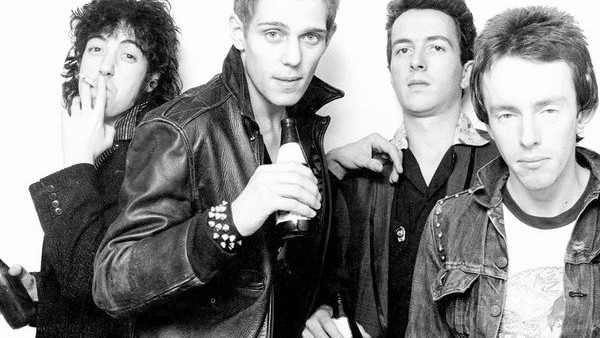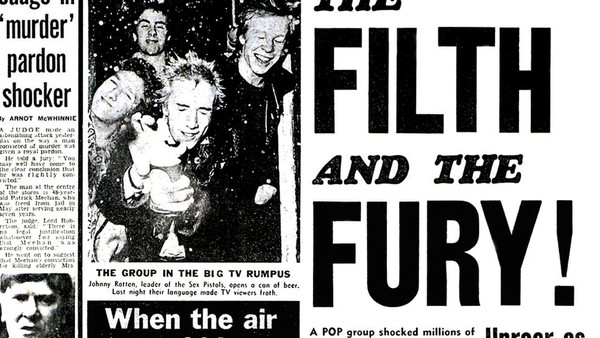The Punk Movement Was Over Before It Began
Punk’s not dead! …because it was never alive.

The late 1970s was a turbulent time for Britain. Mass unemployment, a new Prime Minister with her eyes on privatising national companies for huge profit, and… Glam Rock. For the youth of the era, it was hard to find something to look forward to, but after a shop owner tapped into the zeitgeist from the New York music scene, a new ‘movement’ began to form.
The first Punk single to be released in the UK was the 1976 track, ‘New Rose’ by The Damned. The song was fast, simple and catchy. Despite this being the first mainstream British Punk song, The Damned were influenced by and had started as a supporting act to this rising Malcolm McLaren manufactured group, the Sex Pistols.
The Pistols followed The Damned one month later with their debut Punk single, ‘Anarchy in the UK,’ introducing the Sex Pistols to the mainstream. They became the poster boys for the new Punk ‘movement,’ which would seemingly eschew pop music orthodoxy and promote disdain for the conventional.
But was it everything they hoped? Was it everything punks now think it was? No, is the short answer...
3. Punk In The Headlines

By the time the band’s second single, God Save The Queen, was released in time for the Silver Jubilee, they had been dropped from their EMI record deal due to swearing on primetime television, signed with a young Richard Branson’s Virgin Records label, and had made headline news across the country.
Appearing on the front of the Daily Mirror under the headline ‘the FILTH and the FURY,’ the Sex Pistols represented a new direction for pop music and seemed to endorse the idea of personal freedom, originality, and non-conformity. These ideals were attractive to the youth, and quickly Punk became fashionable. Bands would alter their sound to capitalise on the energetic and simplistic performances of the Pistols and join in the ‘revolution,’ effectively conforming with the non-conformists.
After the rejection of co-managing the Sex Pistols, Malcolm McLaren’s former business partner, Bernie Rhodes sought to find a bad of his own. After attending local gigs and getting musicians on board, it wasn’t long before he had control of his own Punk band, The Clash.
The band were the next big thing in Punk, and, under the direction of Rhodes, released a variety of singles focused on the troubles of the time. Rather than just spewing ‘no future,’ The Clash rallied against the disastrous job market, declared apathy towards American music, and detailed events from a riot at the 1976 Notting Hill Carnival.